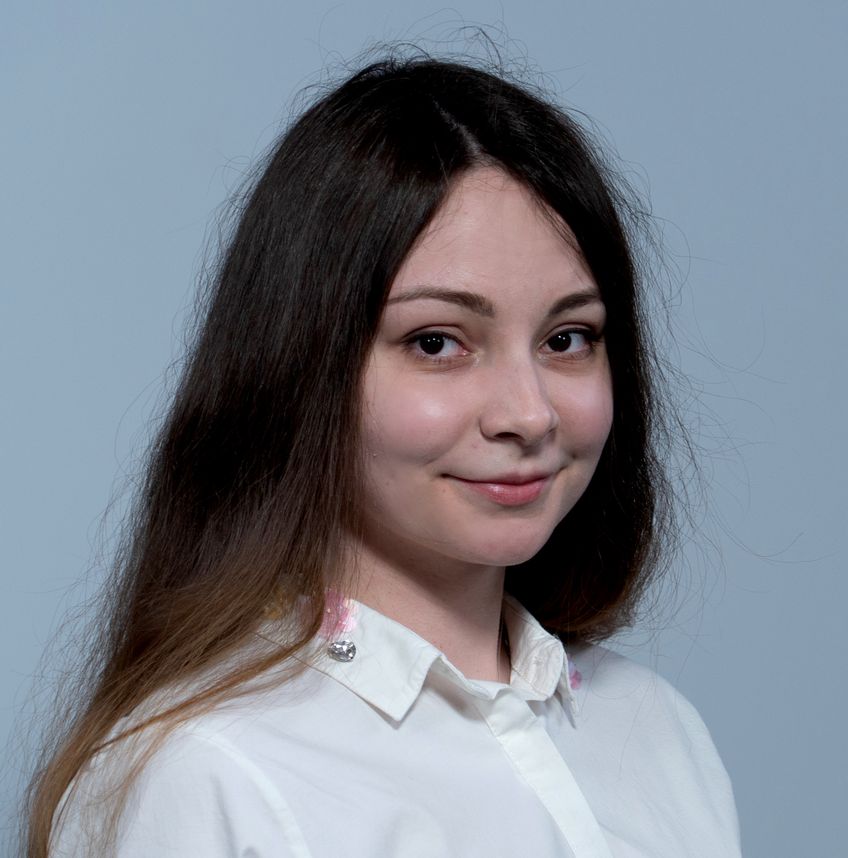Analysis of methods for evaluation of the irregularities changing of the aerodrome pavement in the Far North and the Arctic
DOI 10.51955/23121327_2022_1_6
Abstract. The present article emphasizes that when managing risks to ensure the safety of the operator’s flights, hazard factors due to the occurrence of uneven runways of aerodromes located in conditions with extreme climatic conditions are of great importance. In this regard, the relevance of the research topic is due to the lack of research on existing methods and algorithms for assessing the roughness of airfield pavements in order to reduce their negative impact on aircraft operating in the Far North and the Arctic.
Key words: risk management, runway, airfield roughness.
Download article in PDF 458.0 kB






